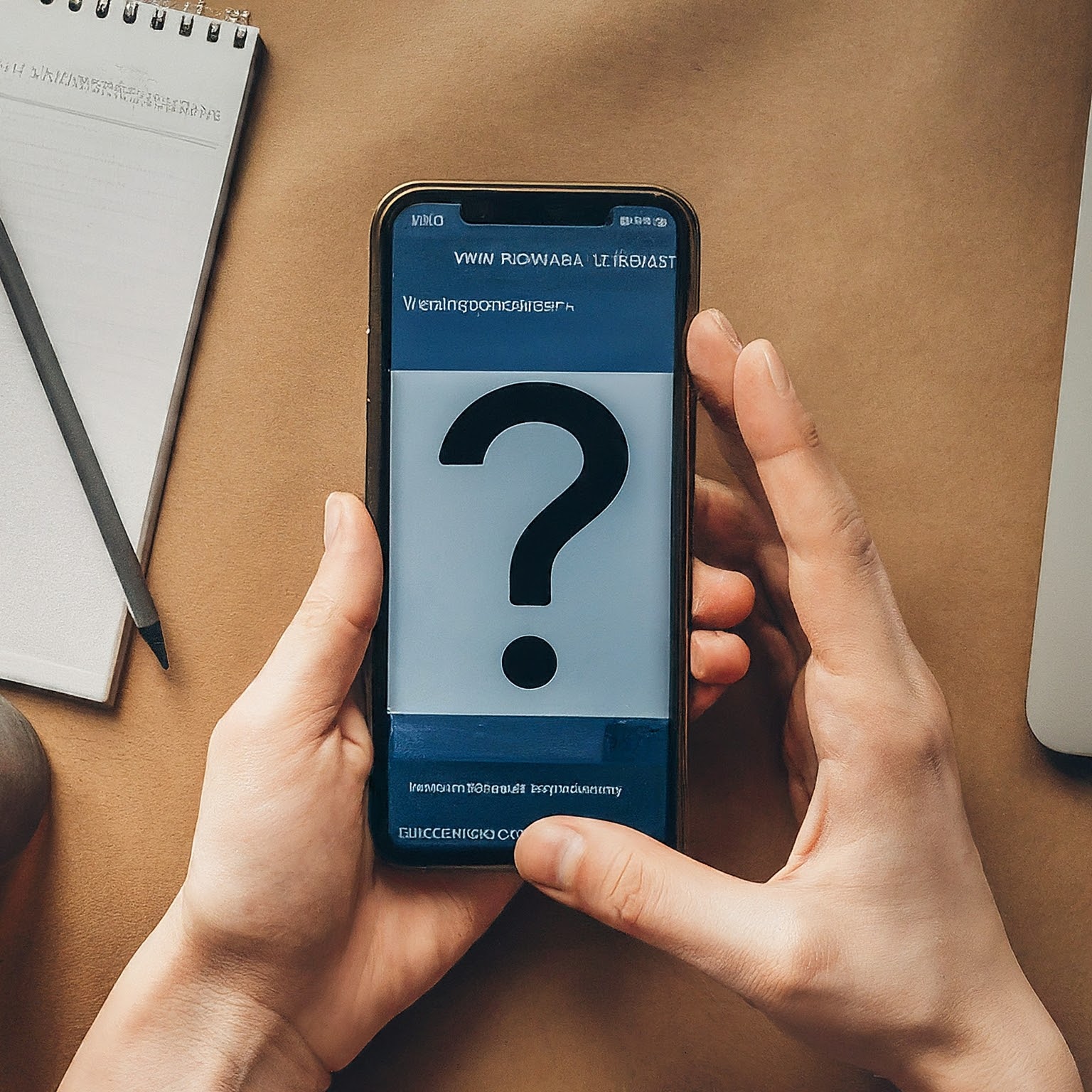Sharing a phone plan with family members or roommates can be a cost-effective way to manage mobile expenses. However, a common concern arises: if you share a phone plan can they see your texts? This question is often accompanied by privacy and security considerations. Let’s delve into the details.

Understanding Phone Plans and Data Privacy
To address the question of whether someone can see your texts on a shared phone plan, it’s crucial to understand how phone plans operate and the privacy measures in place.
How Phone Plans Work
A shared phone plan essentially pools resources among multiple users. This means that the primary account holder is responsible for paying the monthly bill, while individual users have their own phone numbers and devices.
Data Privacy and Encryption
Modern smartphones employ robust encryption to safeguard user data, including text messages. This encryption ensures that your messages are scrambled and unreadable to anyone without the correct decryption key, which is typically stored on your device.
Can the Primary Account Holder See Your Texts?
The short answer is no, the primary account holder cannot typically see the contents of your text messages. While they might have access to certain account information, such as usage details and billing history, they cannot read your individual text messages.
What Can the Primary Account Holder See?
The primary account holder may be able to view:
Overall data usage: This includes how much data your line is consuming.
Call history: Some carriers might provide call logs, but this information is usually limited.
Billing information: The primary account holder can access billing statements and payment history.
Exceptions to the Rule
While it’s generally safe to assume that your text messages are private on a shared plan, there are a few exceptions to consider:
Family Plans with Parental Controls: Some carriers offer family plans with parental control features. These features might allow parents to monitor their children’s text messages to a certain extent.
Third-Party Apps: Be cautious about installing third-party apps that claim to monitor phone usage. These apps might compromise your privacy and security.
Legal Interception: Law enforcement agencies can obtain court orders to access phone records and content under specific circumstances.
Protecting Your Privacy
To safeguard your text messages and maintain privacy, consider the following tips:
Strong Passcodes: Use strong, unique passcodes for your phone to prevent unauthorized access.
Regular Software Updates: Keep your phone’s operating system and apps updated to benefit from the latest security patches.
Be Mindful of Public Wi-Fi: Avoid sending sensitive information over public Wi-Fi networks.
Review App Permissions: Carefully review the permissions granted to apps on your phone.
Beware of Phishing Attempts: Be cautious of suspicious text messages or emails that request personal information.
Conclusion
While sharing a phone plan with others can be convenient, it’s essential to prioritize privacy and security. Generally, your text messages are protected from being viewed by the primary account holder. However, staying informed about potential risks and taking proactive measures to safeguard your data is crucial in today’s digital age.


